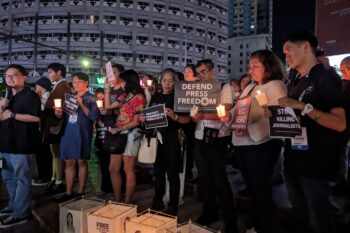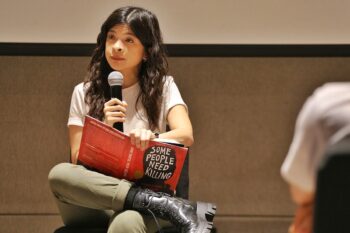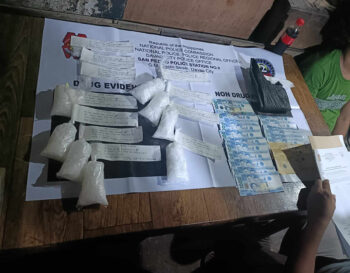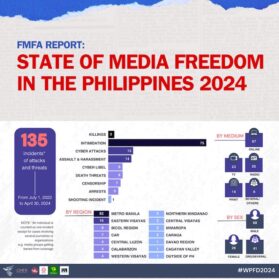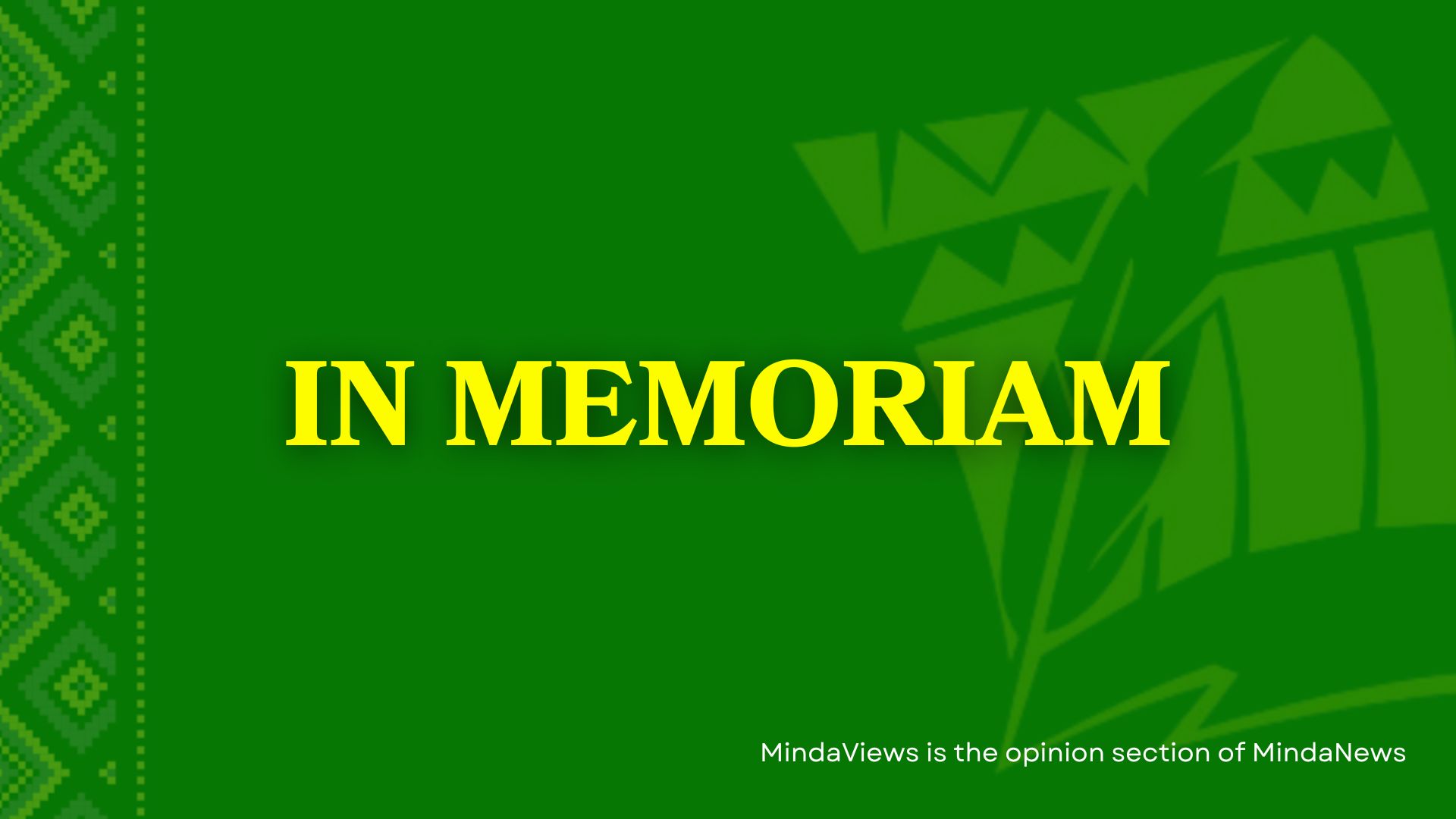
BRISBANE (MindaNews / 08 January) –‘Blessed are the pure in heart…’
Fernando Capalla faced me from across his large desk, his elbows resting on his swivel’s armrests and his gaze softened by empathy. I and my wife Neng were there inside his cavernous study in late 2011, seeking his counsel over a moral dilemma we were grappling with as a couple and as a family. Capalla was archbishop of Davao then. He and I had worked together on and off over a long period, and approaching him at that time on a personal matter seemed presumptuous. But I was desperate.
Just the week before, a mining executive was shot dead in a subdivision in Bangkal, Davao City. I didn’t know him personally, but I did know his firm, having been involved in it for some years. At the time, no one owned up to the murder, although the company — indeed all such large-scale mines — scandalized every Tom, Dick, and Hysterical Harry from environmental ideologues to “advocacy journalists,” even so-called “progressive” churchmen. And while the killing alone wasn’t surprising, it seemed, quite literally, too close to home. The choice, then, of staying on or quitting altogether was akin to the proverbial rock and a hard place.
Hence, the meeting with the good Monsignor.
Capalla could only have been a perfect preference. He had no airs, had a good head on his shoulders, and his integrity was beyond reproach.
I first met him in 1983 when I joined the Mindanao-Sulu Secretariat for Social Action. He was then bishop of Iligan, and as such was quite active in the Mindanao Church. Capalla was a thoughtful and incisive Church leader, his homilies, Pastoral Letters and other writings critiquing the human condition.
In 2001, upon my personal appeal, he would issue a formal endorsement for a special citation honoring journalists called the Bishop Bienvenido Tudtud Award for Excellence in Photojournalism. The late Fr. Benny, an avid photographer, was a well-loved peace stalwart in his lifetime. And the award was part of an annual press tribute supported by the Catholic Relief Services.
We would meet again in 2009 in an extensive research project that depended on his leadership. Funded by The Asia Foundation, “Konsult Mindanaw” data-gatherers fanned out across the island to conduct community consultations on peace and development. The good Monsignor served as our guiding beacon. Shortly after, we would face each other yet again at the Davao Verbum Dei Media Foundation, in which he had invited me to become a member.
Just when these vignettes about the archbishop and I had receded in memory, I get a call from Fr. Ritschie Gamaya. The latter and I have known each other since the Verbum Dei days, and we had gotten along quite well since. Over the phone, he had asked if I would consider editing a book by the archbishop. I was flushed. “Of course,” I said. But there was a slight foreboding. This was the third quarter of last year, and Fr. Ritschie was hoping that the book — actually a collection of the Archbishop’s columns at the Davao Catholic Herald — would be off the press by November, on the anniversary of his formal installation (1996) as Archbishop of Davao. “Time isn’t on our side,” he whispered then, almost mournfully, aware as he was of the prelate’s failing health at 88.
It turned out Fr. Ritschie would be prescient.
Still, over a period of three months, Capalla’s voluminous manuscript would be tossed back and forth, in hard copy, between me and the encoders at the Herald.
Capalla wasn’t a writer by profession, but he wrote clearly and carefully, mindful of his grammar and primordial ideas. He wrote of everyday lives: work, family, friends, God, faith, and being Filipino. And these: Too much consumerism. Too much social media. Eroding relationships. Dimming faith. He lamented. And riled. And protested. And yet, in all his prose, Capalla proferred solutions, offered suggestions. Consistently, he embodied hope.
Which was, thinking back, somewhat what he had shared to us on that day in 2011, as Neng and I sat quietly across him in his room. In not so many words he had acknowledged the practical wisdom of either decision. But while there was seemingly neither right nor wrong, as it were, how we chose to follow the path to God’s will was what ultimately mattered.
It was vintage Nanding, as he was fondly called. Cerebral but grounded. Prayerful but practical. Men that are “pure in heart,” as only true disciples are, “for they shall see God.”(MindaViews is the opinion section of MindaNews. Nikki R. Gomez recently launched his fourth book, “Bookends.” He lives in Davao City but is presently visiting his children in Australia)

